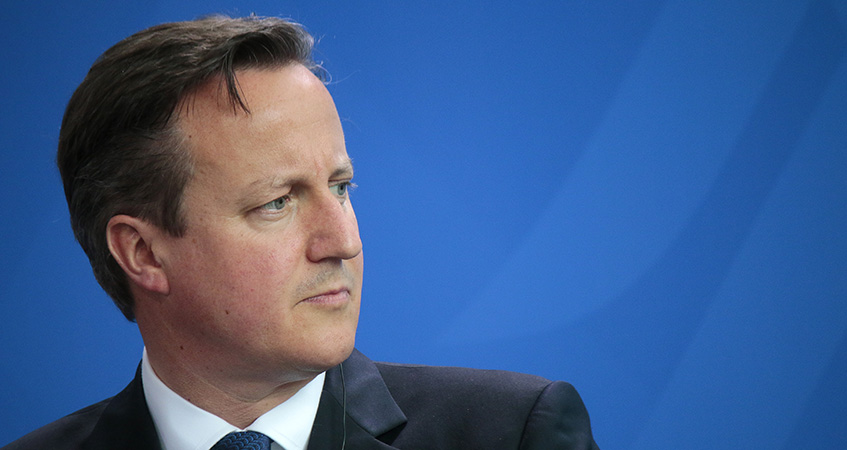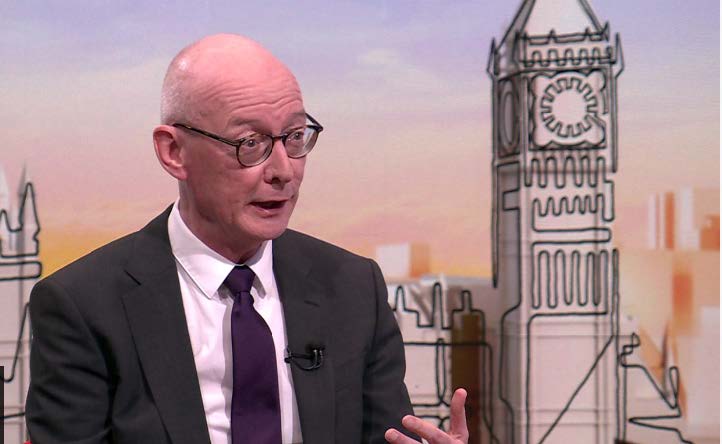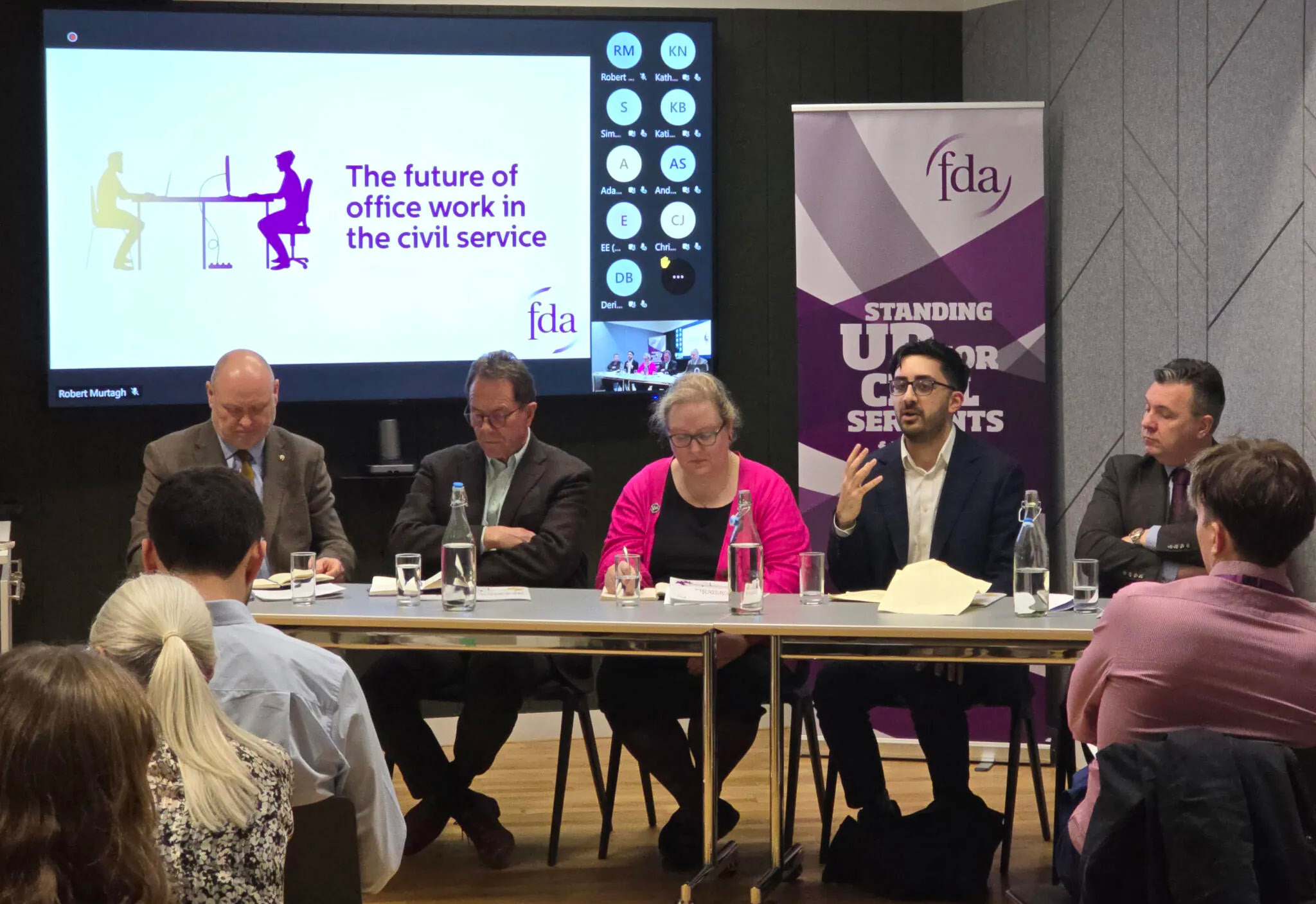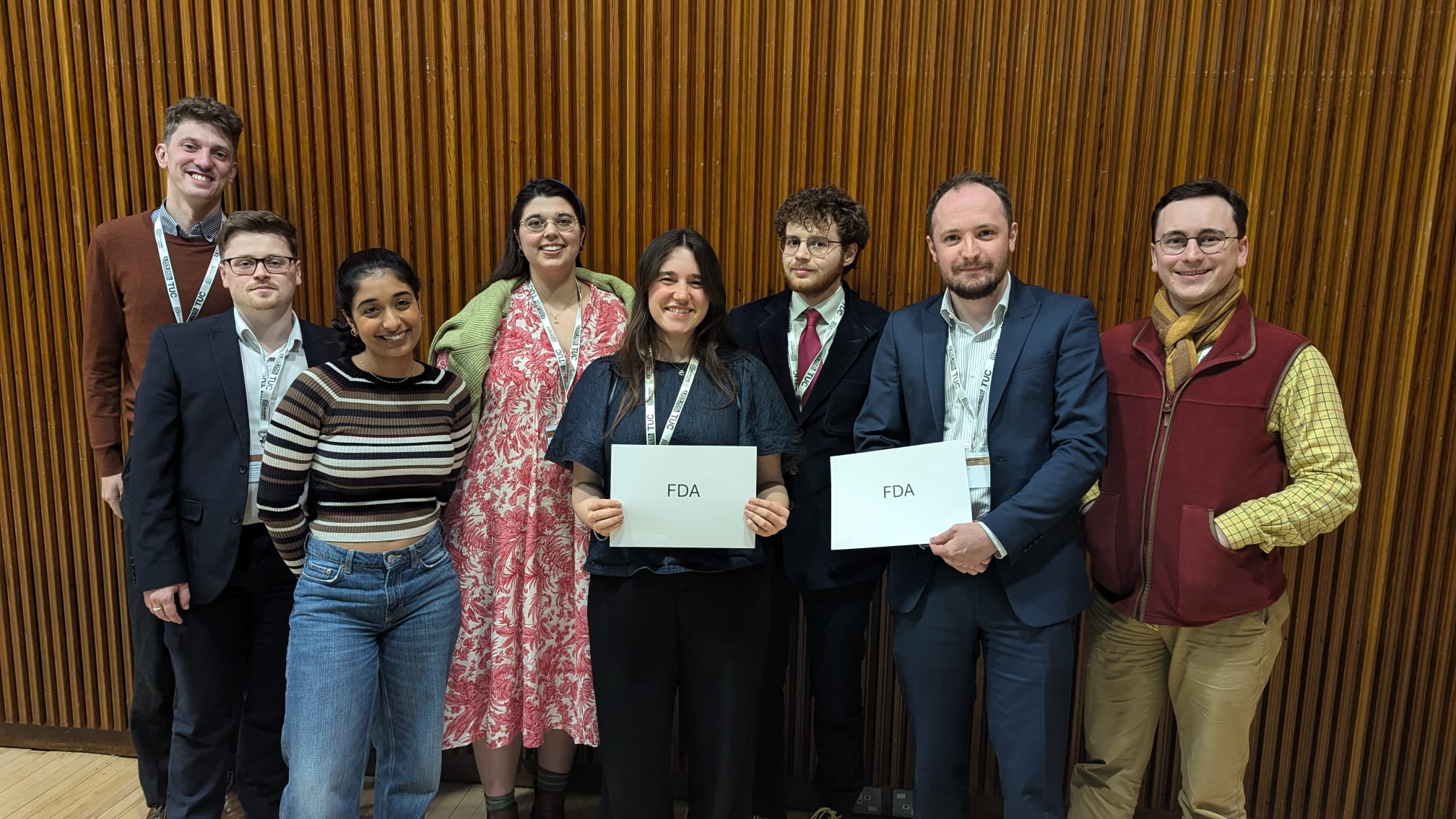Ministers must not scapegoat civil servants over Greensill scandal

360b / Shutterstock.com
FDA General Secretary Dave Penman has criticised the government for its response to news that former Prime Minister David Cameron privately lobbied ministers on behalf of Greensill Capital.
Writing for Times Red Box, Penman accused the government of “deflection and scapegoating as a PR tactic”, as focus shifted to civil servants’ involvement with Greensill during Cameron’s time as Prime Minister and the government launched a much narrower inquiry than originally suggested, with no specific requirement to look at the activities of current ministers.
Penman argued that “this government is determined to avoid scrutiny of ministerial conduct” and said the “collective clutching of pearls” in response to the revelation that the government’s chief procurement officer was allowed to work part-time for Greensill a short period was “just another example of government deflecting attention from the issues at the heart of this scandal: the lobbying of cabinet ministers by a former PM”.
He stressed that “Greensill’s activities and access to government needs to be investigated”, including “whether it was appropriate for a civil servant to take up a role in that company, given the potential conflict of interest”. However, he also posed the question “what about current ministers?”.
“No one can stop those who work for private interest wanting to influence government, whether on policy or, in this case, financial gain,” he said. “Every government in the world faces this and to some degree it is vital that government is open to understand the interest of business or campaign groups. There has to be a level playing field for access and full transparency otherwise, as we’re now seeing, it looks like you can buy access by hiring the right former minister. While we should expect more of our former prime ministers, the real question is what can we expect from our current ministers when they receive private texts and drinks invites?”
The FDA General Secretary discussed the issue further on Radio 5 Live this morning, where he told host Nicky Campbell he “can’t believe” Cameron “didn’t think he was doing anything wrong”.
“But this isn’t just a question for David Cameron”, he added. “David Cameron sought privileged access and he was granted it. He was granted private receptions by the Health Secretary, he had a private text exchange with the Chancellor. If ministers are the first point of contact for this sort of lobbying, they have to be the first line of defence.”
He said that he was “really disappointed with the scope of the inquiry”, which in reality is “a very limited inquiry in its scope, looking at historical issues around Greensill and its involvement with government during Cameron’s period as Prime Minister”. While he agreed that needs to be looked at, he criticised the fact “it wasn’t tasked with looking at the lobbying issues around the [former] Prime Minister’s privileged access to current cabinet ministers”.
The FDA had previously called for an independent inquiry, with Penman telling BBC’s Nick Robinson that the government needed to “rebuild trust” by establishing what actually happened, if any rules were broken and what rules need to be tightened moving forward.
Penman also appeared on Channel 4 News, Talk Radio, BBC Radio 4’s World at One, BBC News, LBC and Times Radio to discuss the issue of lobbying. He was also quoted in the Times, the Guardian and the Metro.
Related News
-

Meaningful reform
It’s time to lead the civil service, not just the morning news round, says Dave Penman.
-

Hybrid working: Led by evidence, not headlines
Tom Nathan shares the findings and recommendations of the FDA’s recent report on ‘The future of office working in the civil service’.
-

FDA attends TUC Young Workers’ 2025
This March, an FDA delegation attended the annual TUC Young Workers’ Conference in Congress House, London.